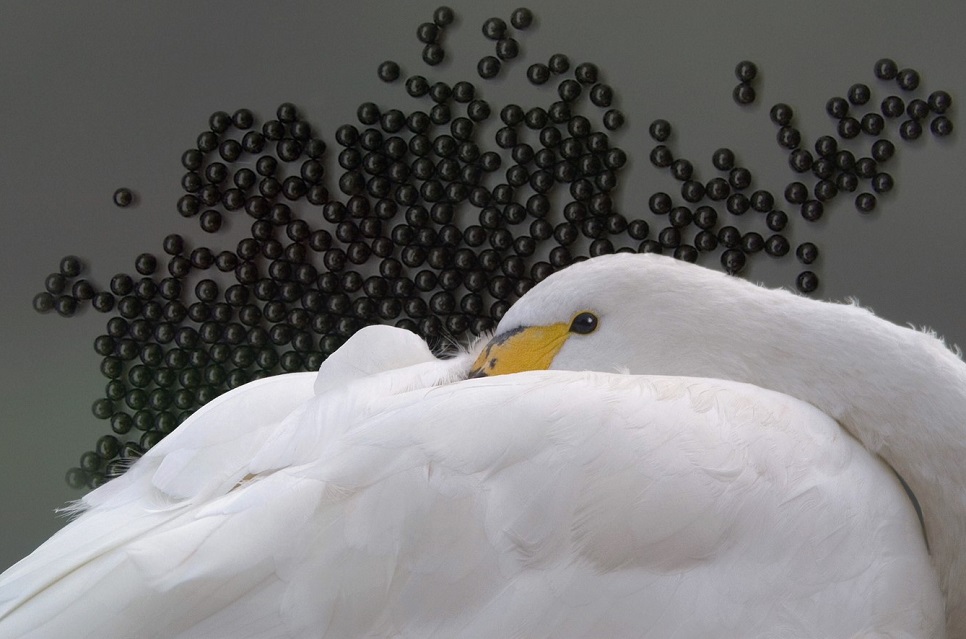Bird moves get underway
The season is over; bird moves have begun!
Already up to 150 birds have passed to and fro as part of the seasonal distribution of stock. It is a sad and exciting moment to see the birds you worked so hard to breed leave your care. They hatch and grow into such a commodity. As the duckery cannot buy to maintain stock, we depend on exchange and donation. As such the wizarding ways of my colleague Duane keep us in business!
Bird moves are a delicate business. Just as I have had to learn how to rear and breed birds, crating is an art. Some birds are more easily stressed than others, and these details can prove vital.
Did you know for example that the Argentine red shoveler can go completely of its legs during bird moves? As if they have turned to jelly, they flap around on their wings as if they never had any at all! As such you learn to catch shovelers last and distribute them first at the other end. You give them an excessively aerated box with a lot of room to breathe. You even ensure that they are rung, wormed and marked a significant amount of time before the impending move. These things take planning!
Another surprisingly difficult species to transport is the common Eider duck. Due to their bulk and natural insulation they can get extremely hot indeed, and can suffer dreadfully from de-hydration and hyper-ventilation. Despite the waste of space, they simply have to travel alone in a crate, as a secondary side effect of eider transportation is that they poo volatile brown mess all over the place! They stand in their single crate all the way to their destination like a surfer on a surf board, sideways on and rocking gently with the undulations of the road.
You need to be careful which species you mix in mixed species crates. The Abby blue-winged goose and Nene above were always firm friends, but even the best of friends can turn upon each other in a confined space... Although birds are intended to breed, putting a male and female of the same species together in a crate could potentially terminate the possibility of future breeding at the other end before they even arrive! Whilst it sounds silly to say, many a little teal has been squashed by a big goose, and as such size is a big factor in deciding upon transportation mixtures also.
I was always told "birds first and humans last", and that includes fuel and water stops. No rave music and open windows at all times, even in the rain!
Although it is sad to see everyone go, I can at least get on at last with my autumn cleaning without the threats of dirty ponds to be scrubbed looming over my head. Painting the duckery beckons!

